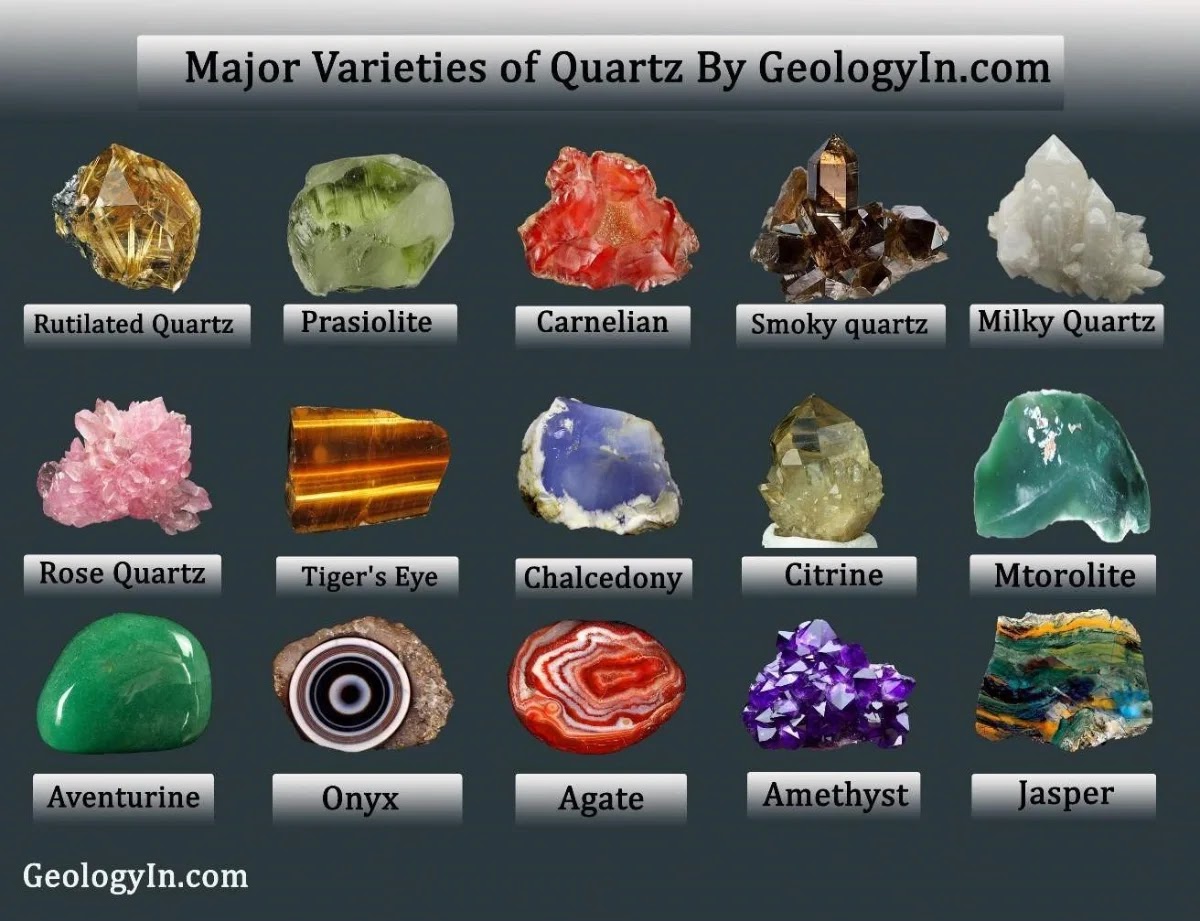Calcite Rose: Calcite Flowers
Calcite Rose, also known as Flower Calcite, is a beautiful and unique
variety of Calcite that forms in delicate, flower-like clusters. These
clusters can be white, pink, orange, or yellow, and often have a
translucent or transparent appearance.
A rosette calcite is a type of calcite crystal that forms in a circular or star-shaped pattern. The crystals are typically translucent or transparent, and they can be found in a variety of colors, including white, yellow, orange, pink, and blue. Rosette calcite is often used as a decorative stone, and it is also prized by collectors for its beauty and rarity.
Rose-like calcite is a variety of calcite that is formed when carbon dioxide dissolves in water and then precipitates out of solution. The pink or rose color of rose-like calcite is caused by the presence of manganese impurities in the mineral.
 |
| Rose-like Calcite With Rose Color! From Yaogangxian, China. Photography: James Elliott. Collection: The Wildfang Collection of Fine Minerals |
Rose-like calcite is found in a variety of locations around the world, including Mexico, Brazil, and the United States. It is a relatively common mineral, but it is still prized for its beauty.
The crystals form around a central point, and they grow outward in a circular or star-shaped pattern. The exact conditions that are necessary for the formation of rosette calcite are not fully understood, but it is thought that they involve the presence of certain impurities in the calcium carbonate.
 |
| Rose Calcite crystal with Fluorite from Yaogangxian, China Collection: The Wildfang Collection of Fine Minerals Photo by: Benjamin Decamp |
Here's a closer look at its key characteristics:
- Composition: Like all calcites, it's primarily composed of calcium carbonate (CaCO₃).
- Color: White, pink, orange, yellow, sometimes showcasing multiple hues within the same cluster.
- Transparency: Translucent to transparent, allowing light to pass through, enhancing its beauty.
- Luster: Varies between vitreous (glassy) and pearly, adding to its visual appeal.
- Hardness: 3 on the Mohs scale, indicating it's relatively soft and requires careful handling.
- Special Features: The defining characteristic is its stunning rosette-shaped clusters, resembling delicate flowers in bloom. It's often associated with the Heart Chakra and believed to promote love, compassion, and emotional healing.
 |
| Rose Calcite crystal with Fluorite from Yaogangxian, China Collection: The Wildfang Collection of Fine Minerals Photo by: Thomas Spann |
In terms of metaphysical beliefs and alternative healing practices, some people attribute certain properties to rose calcite, suggesting that it may promote feelings of love, compassion, and emotional healing. It's important to note that these claims are not scientifically proven, and any perceived benefits are often subjective and based on individual beliefs.








